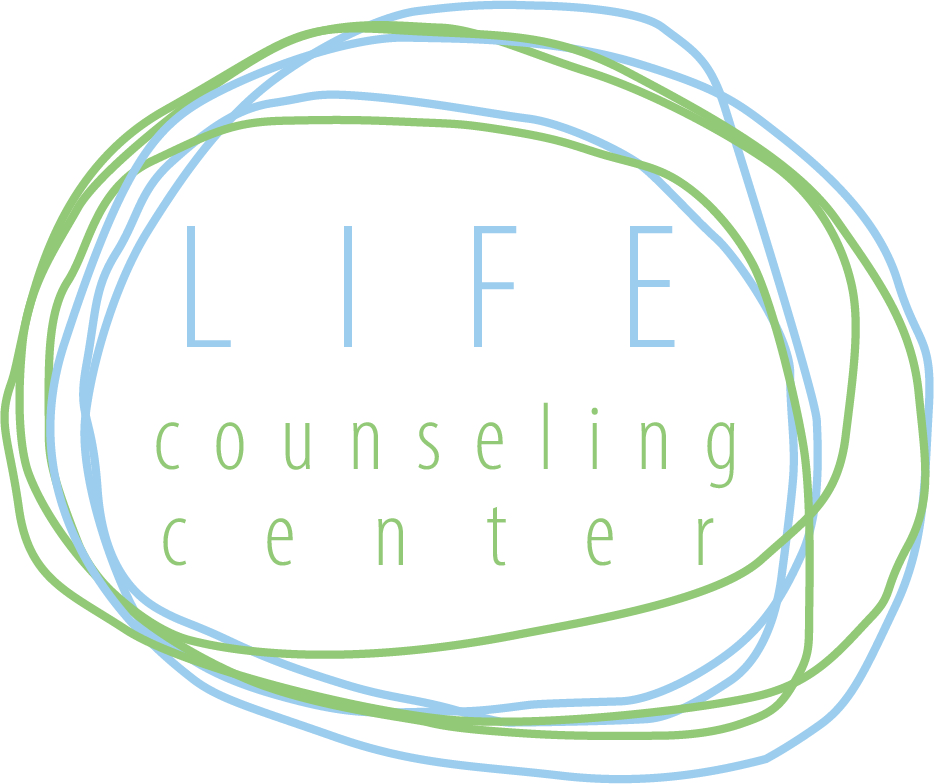Peer Support Services
Certified Peer Support Specialists (CPSS) are critical in the Idaho mental health service. These trained support specialists work in the behavioral health system, and also have experienced a mental illness and recovery. They are well-positioned to support others who are seeking recovery.
CPSS Peers offer hope and encouragement by sharing their experiences and knowledge, while addressing the needs of the whole person: mind, body, and spirit. They work to create opportunities for recovering peers to live satisfying and meaningful lives.
Life Counseling Center serves by:
Encouraging the participant's self-determination, hope, insight, and the development of new skills
Preparing for healthcare visits and asking questions
Identifying and setting health-related goals
Planning specific action steps to achieve goals
Encouraging exercise and good nutrition
Assisting in daily management tasks
Assisting in problem-solving
Providing social and emotional support and feedback
Building community support (accessing community services)
The CPSS helps members increase self-engagement with four important elements:
Support
Hope
Opportunity
Tools
Using self-care tools and strategies, CPSS help members in the following domains:
•Increased self-awareness of strengths
•Increase self-care planning and implementation skills
•Self-management of negative self-talk
•Increased self-confidence
•Ability to share their story
•Increased hope
•Increased sense of empowerment and self-responsibility
Certified Peer Support Specialists provide hope for individuals, families, and communities recovering from mental illness by offering connections to a community of peers, encouragement and understanding, information regarding resources, and support through recovery. Supports include interpersonal relations, symptom management, relapse prevention, a wellness recovery action plan, and community engagement.
Life Counseling Center serves by:
Encouraging the participant’s self-determination, hope, insight, and the development of new skills
Assisting the client with setting recovery goals and developing a recovery action plan
Helping to resolve problems and address barriers related to recovery
Connecting client with professional and non-professional recovery resources in the community and helping members navigate the service system to access resources independently
Helping client to reduce isolation and build a community that supports recovery

